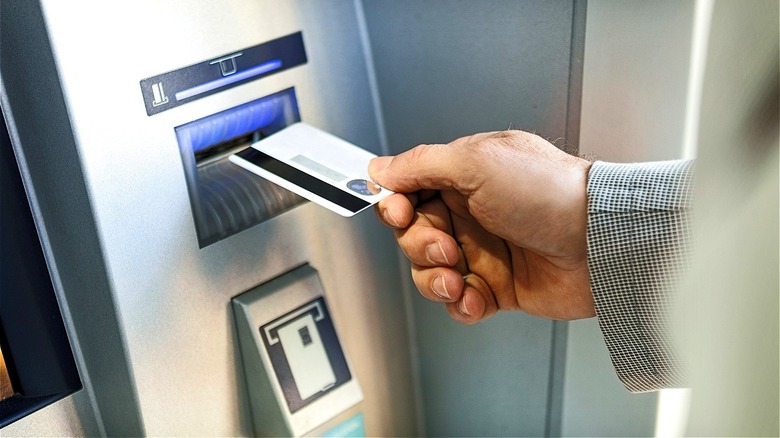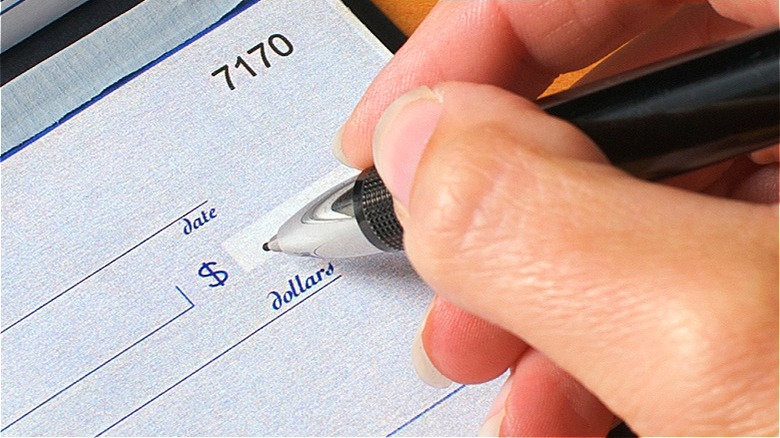How Fast Can I Withdraw From My Brokerage After Selling A Stock?
In modern society, Americans have definitely grown accustomed to instant gratification. The same goes for buying and selling shares of stock and other equities like exchange-traded funds. With a tap on your smartphone's screen (see our best investing apps for beginners), shares are gone from your account in a flash, and hopefully sold at a juicy profit. But then, how long before you can withdraw your new funds?
The date when the stock trade occurred is known as the transaction date, but the actual trade doesn't become official until the settlement date. On a settlement date, several things happen. First, the buyer makes payment to the seller. Though the funds may have been removed from the buyer's account by the brokerage immediately at the time of trade, they won't be remitted to the seller until settlement day. In exchange, the seller delivers the asset to the buyer.
In the past, this settlement was accomplished by manual, physical delivery. Like an actual stock certificate. As such, settlement could take as long as five business days (referred to as "T+5"). But through the miracle of modern technology, settlement was improved to T+3, then T+2 in 2017. Now, as of May 28, 2024, settlement is T+1. That means if you execute a trade on Monday, it'll settle the next day on Tuesday. However, since the "+1" is measured in business days, that means that a trade completed on Friday won't settle until the following Monday, assuming that day isn't a holiday.
After settlement, you'll need to transfer funds
Assuming that you need to transfer the proceeds of a stock sale out of your brokerage account for spending purposes, how fast can that be accomplished under the new T+1 settlement rules? You can transfer or withdraw funds from a stock sale the very next business day, coinciding with settlement. How fast the money will actually reach your checking or savings account is a different story. Once the proceeds are available to transfer out of your brokerage, you can opt to do so via an automated clearing house (or ACH) transfer, which typically takes about one to three business days to reach your financial institution.
If you need the funds faster, however, you can opt for a wire transfer, which can be completed as quickly as the same day depending on the time of day when it's requested. This said, there's typically a fee for both sending and receiving wire transfers. That means that both your brokerage and the bank or credit union where you want funds sent may charge a fee, up to $35 each. As such, you'll want to make sure the amount of money being transferred, as well as the need to receive the funds quickly, justifies the wire transfer fees versus ACH, which is typically free from fees.
Consider a brokerage account with checking
An alternative to transferring funds from a brokerage account to a separate checking or savings account is to open a brokerage account that offers check-writing privileges against the uninvested cash in the account. Besides conventional paper checks (speaking of which, do you know how to write a check correctly?), these accounts also come with a debit card that can be used for direct payment for goods and services or used to withdraw cash from an ATM.
Note that you likely won't want the brokerage checking account (aka, "cash management account") as your only checking account. Even in this day and age, it's still sometimes handy to have a physical bank branch nearby for certain transactions. For example, cash withdrawals that exceed an ATM's daily maximum limit.
In summary, the new T+1 settlement rule that took hold in May 2024 means you can now access cash from a stock sale in just one business day following the transaction. That's instead of a two-day delay that was previously in place since 2017. However, you'll still need to factor in some extra time for transferring the proceeds of your stock sale to an external checking or savings account unless your brokerage account itself has checking privileges or ATM access.


